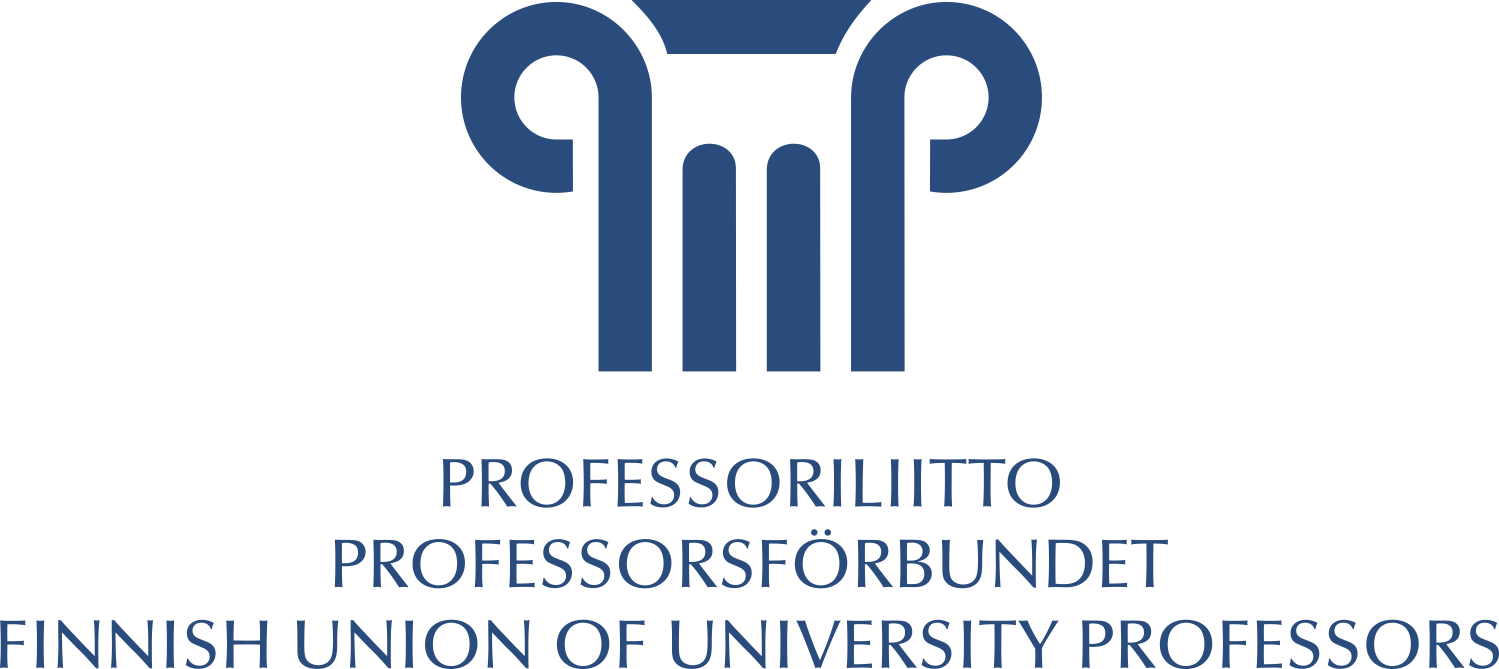Current issues in copyright legislation
Written by
Leevi MentulaThe EU directive on copyright in the digital single market and online transmission directive were decreed as part of the Finnish Copyright Act in the manner hoped by the Finnish Union of University Professors, that is, according to the directives. The partial update of the Copyright Act was completed early last year, with the updated act entering into force on 3 April 2023. The amendments to the act improve the position of authors, publishers and performing artists as required by the EU directives.
Appropriate copyright legislation creates the prerequisites for one to make a living from creative work. The possibility of rightholders to cash in on their copyright also creates added financial value for society, which is facilitated by fitting and up-to-date copyright legislation.
Use of works in teaching activities
The updated Copyright Act makes it easier to use works in teaching. The amendments to the Copyright Act that concern use in teaching activities are the collective licencing in section 14 and the new limitation provision in section 14a.
Collective licencing for use in teaching, as specified in the amended section 14, now also includes public performance as well as cinematographic works. Collective licencing also covers teaching activities carried out for the purpose of gain.
The limitation provision of section 14a means that if the licence is not easily available or available at all, a work could be used for the purpose of illustration of teaching without remuneration. In practice, this increases the pressure on collective rights management to ensure that the licences are easily available to educational institutions. Previously outside the scope of the regulation, sheet music is now also covered. The limitation does not include the authors’ right for remuneration. The Government proposal states that the need to regulate the right to remuneration could be examined later, after gaining experience on the practicality of the provisions.
Several university licences have also been reformed or expanded. Primarily works can still be used in accordance with the copyright licences obtained by educational institutions. Perhaps the most significant reform for use in teaching activities is that videos from YouTube and similar services can be played for the purpose of illustration of teaching.
Platform services responsible for content
The new Chapter 6a of the Copyright Act states that platform services have copyright liability for the content they communicate. This means that internet platforms are obliged to obtain authorisation for the use of contents and pay the authors appropriate remuneration. Platforms are also obliged to remove unauthorised contents. In practice, contents on social media platforms can be used more safely as the obtaining of authorisation is more clearly the responsibility of the platforms.
Several licences are available for teaching activities which allow for even wider copying of works and use in teaching than just illustration. These include, for example, Kopiosto’s copying licence and licence for using TV programmes. Each person engaged in teaching should know which licences their university has obtained and what licences are available.
New parody limitation secures memes
Section 23a covers use in parody, caricature and pastiche. The section is based on the directive requirement to enforce certain copyright limitations mentioned in the information society directive.
Parody limitation means that a person may use copyright protected content without an agreement concerning use or remuneration, provided they can demonstrate that it is used in parody as intended by the limitation. Such content includes, for example, memes.
Works can be used in text and data mining
A new provision was added to the Copyright Act, based on which works can be used in text and data mining. Only works to which the person has lawful access, i.e. which are lawfully and openly available on the web, can be used in mining. However, the limitation is not unconditional; if they wish to, the author or publisher of a work can reserve the right to use the work in text and data mining. This reservation of the right can be done, for example, in the terms of use for the work. The use of works in text mining for the purpose of scientific research cannot be prevented or restricted by contracts or agreements.
It should be noted that copies of works can only be stored for the purpose of text and data mining and not made available to the public for example. Research organisations and cultural heritage institutions may retain copies of works for the purpose of scientific research and subsequent verification of research results.
Author’s position improved in transfer of rights
The author’s position in negotiation and contract situations was strengthened. A new provision was added to the Copyright Act, based on which the author is entitled to receive an appropriate and proportionate remuneration if they transfer the exclusive rights or grant an exclusive licence. At the university level, the Finnish Union of University Professors is advocating that the remuneration stipulated in the new legislation is taken into consideration in copyright transfer agreements.
The original author is also entitled to receive from the user, on a regular basis, a report on the exploitation of their work. The report must be given if the user of the work has generated revenue from the exploitation of the work and if the remuneration due to the author depends on the extent of the exploitation.
The right of the author to revoke the transfer of rights was also improved. The author has the right to revoke if the transferee has not exploited the work within a reasonable time and within six months of the author having notified the transferee of the lack of exploitation. The author is not required to refund any remuneration received as a result of the revocation of the transfer of rights.
Total reform of the Copyright Act?
Already at the legislative phase, the Ministry of Education and Culture left some of the national reforms outside of the scope for a so-called second package. These include, for example, a broader reform concerning use in teaching activities, use of works in research activities, the already-realised remuneration for e-lending and other smaller entities. The Parliament also required that “to make the copyright system more transparent and to make the legislation clearer and more readily understandable, the Government will assess the need for an overhaul of copyright legislation, taking into account the national room for manoeuvre”.
In Prime Minister Petteri Orpo’s Government Programme, the Culture section reads: To make the copyright system more transparent and to make the legislation clearer and more readily understandable, the Government will assess the need for an overhaul of copyright legislation, taking into account the national room for manoeuvre. With regard to copyright legislation, the specific needs of Åland are assessed together with the Swedish authorities.
Sweden has already started a copyright reform, with an accompanying re-examination to ensure that the act’s limitation provisions comply with EU legislation requirements. The aim is to reduce regulation on limitations and clarify the act.
Minister Multala has announced that it is unlikely that an overhaul of copyright legislation will be undertaken. “First we will extensively listen to authors and stakeholders. Some needs for change recognised by the Parliament are already known.” It is most likely that the issue will move forward in smaller pieces.
The Finnish Union of University Professors actively attempts to ensure that the legislation reform reflects changes taking place in society, science and creative fields.
AI regulation created in the EU
Over the coming years, the most significant change related to creative fields and copyrights is the rapid development of artificial intelligence software. One of the key questions is how copyright-protected works have been exploited in the teaching of artificial intelligence, for example, using large language models. The Finnish Union of University Professors considers it extremely important that current copyright legislation is complied with even in the case of AI.
Last year, regulation took the first steps with the EU coming to a political agreement on a new artificial intelligence act. The Artificial Intelligence Act, or a proposal for a Regulation of the European Parliament and of the Council laying down harmonised rules on artificial intelligence, has progressed to the interinstitutional phase, or so-called trilogues, in which the act receives its final form. The final details of the act will likely be specified during spring 2024. The Finnish Union of University Professors actively monitors the development of the legislation and introduces its perspective on it by, for example, issuing statements.

